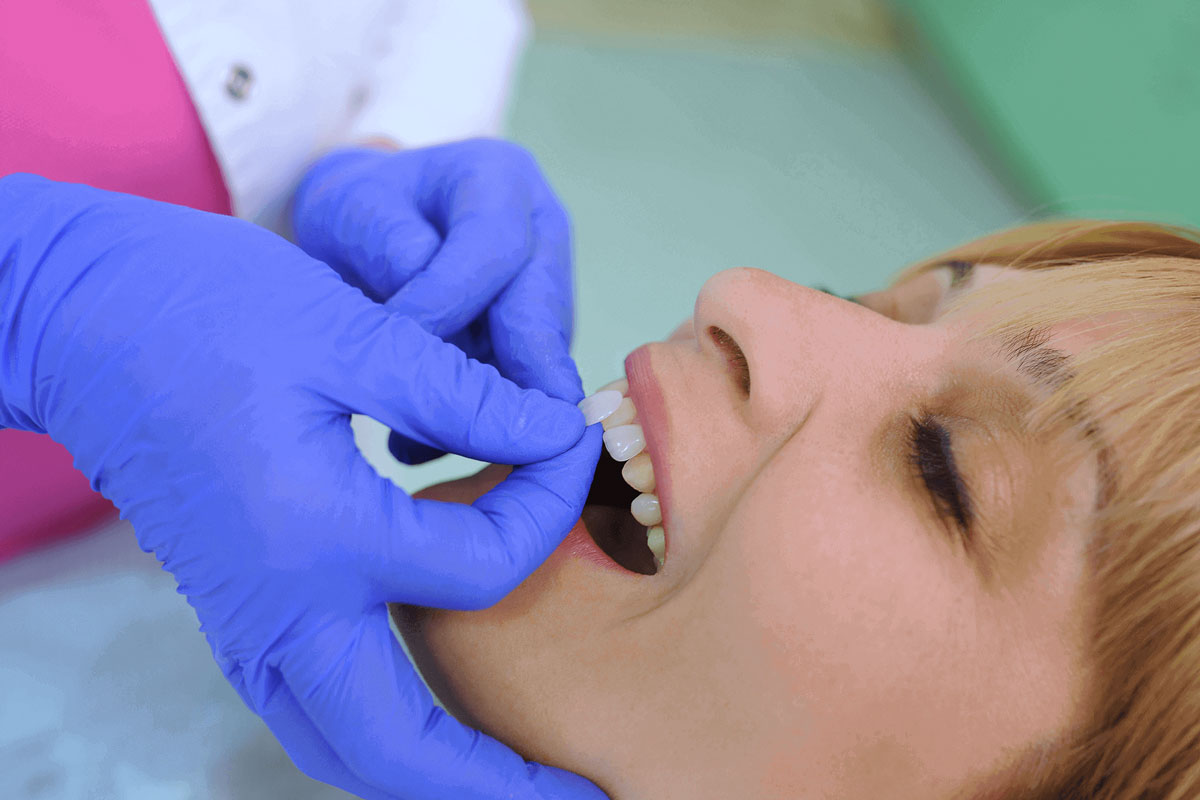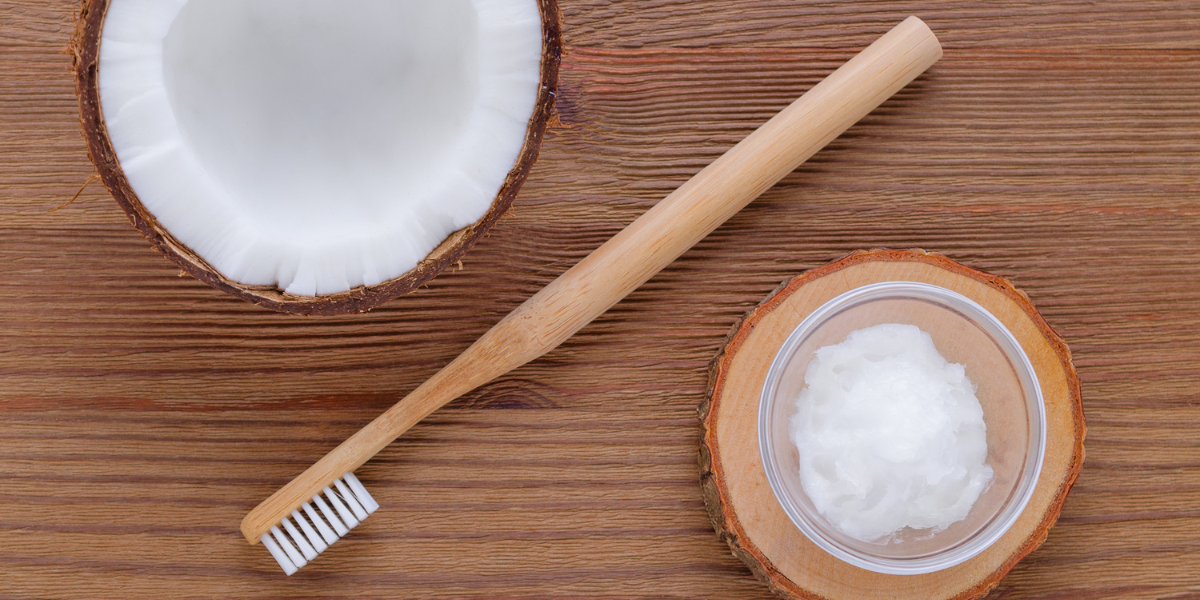Get $25

What are veneers?
Veneers are a very appealing and prevalent way to improve your smile. They are thin pieces of tooth colored material used to refabricate a natural look, and provide resilience and strength of tooth enamel. Veneers are discretely sculpted for each patient, and nearly impossible to differentiate from a natural tooth.
Veneers can correct:
- Misshaped teeth
- Cracked teeth
- Enamel Defects
- Gaps
- Chipped teeth
- Discoloration
- Minor misaligned teeth
- Minimal crowding
Veneers offer a simple solution to tooth inadequacies and when crafted and installed by a skilled professional. They are exceptionally thin and bonded to the front surface of the tooth. The preparation requires minimal enamel reduction and considered to be one of the most conservative types of dental restorations.
Facts about veneers:
- Like natural teeth, a veneered tooth needs to be brushed and flossed daily.
- Biting your nails and chewing on ice cubes can cause micro fractures in a veneer and may result in reduction of durability over time.
- Excessive tooth grinding will weaken restoration bond, consult a dental professional about a night guard if grinding is an issue.
- Non abrasive fluoride toothpaste is suggested to be used on a veneered tooth
- Veneers are semi-translucent just like a natural tooth, whitening procedures are suggested to be completed before restoration consultation.








